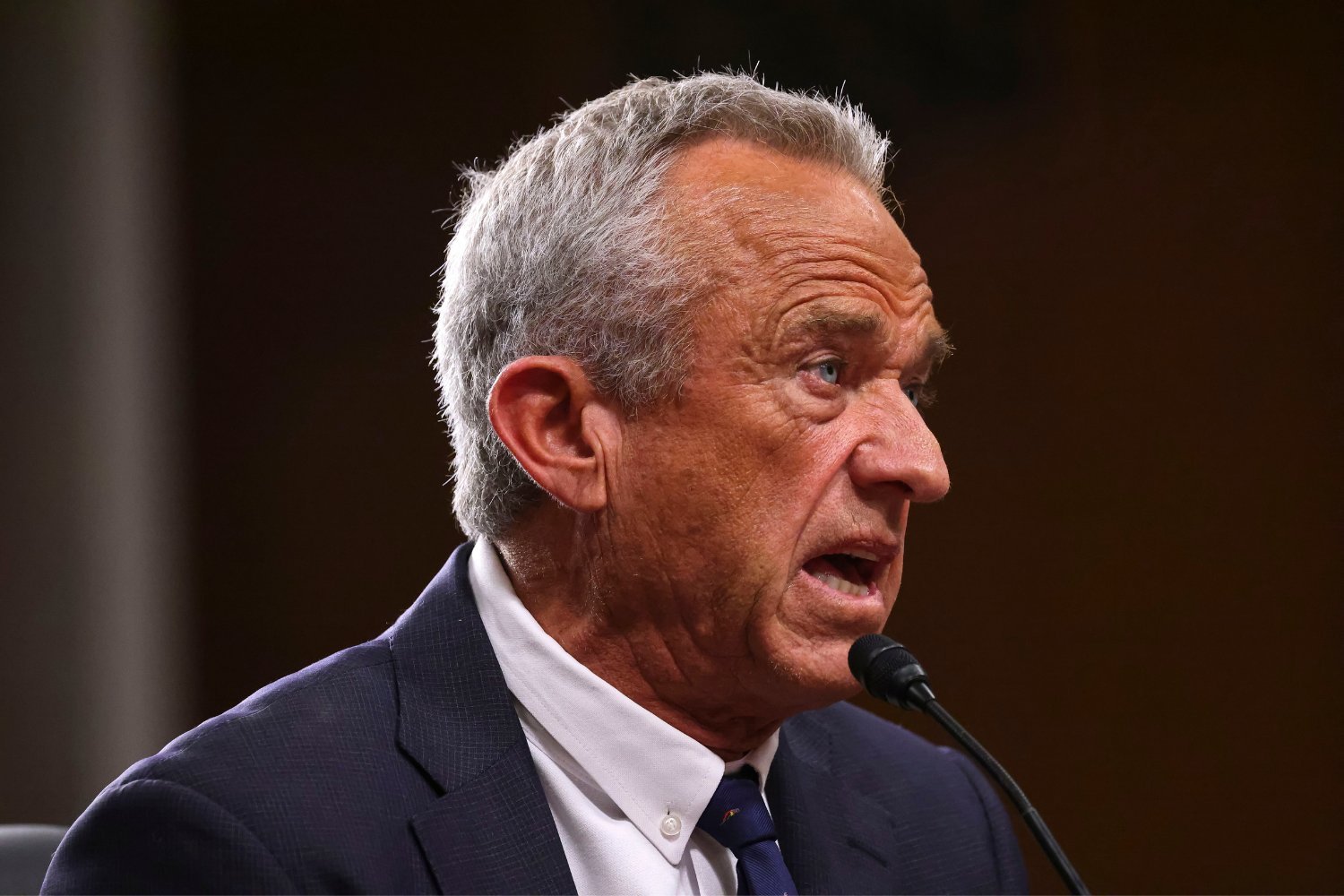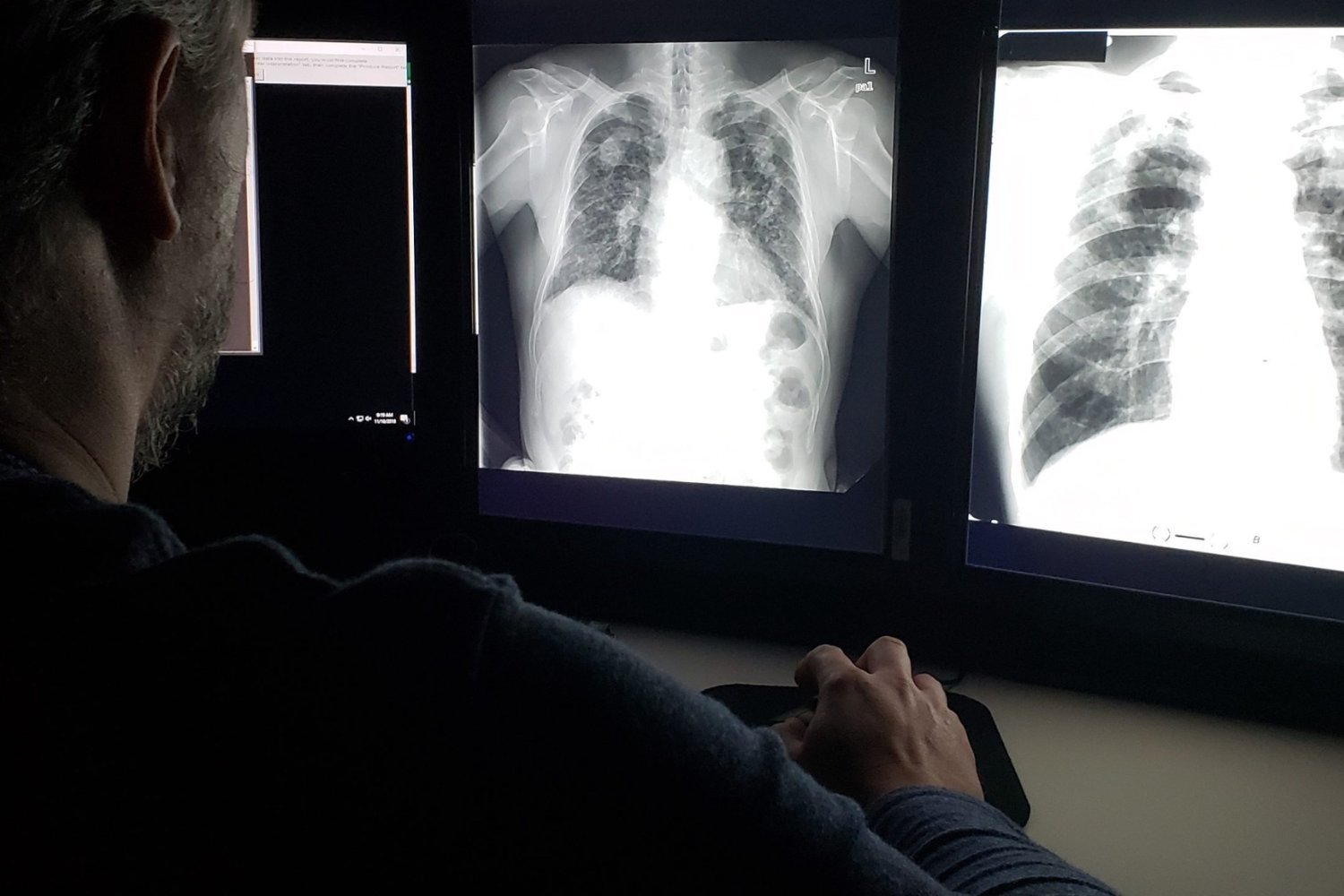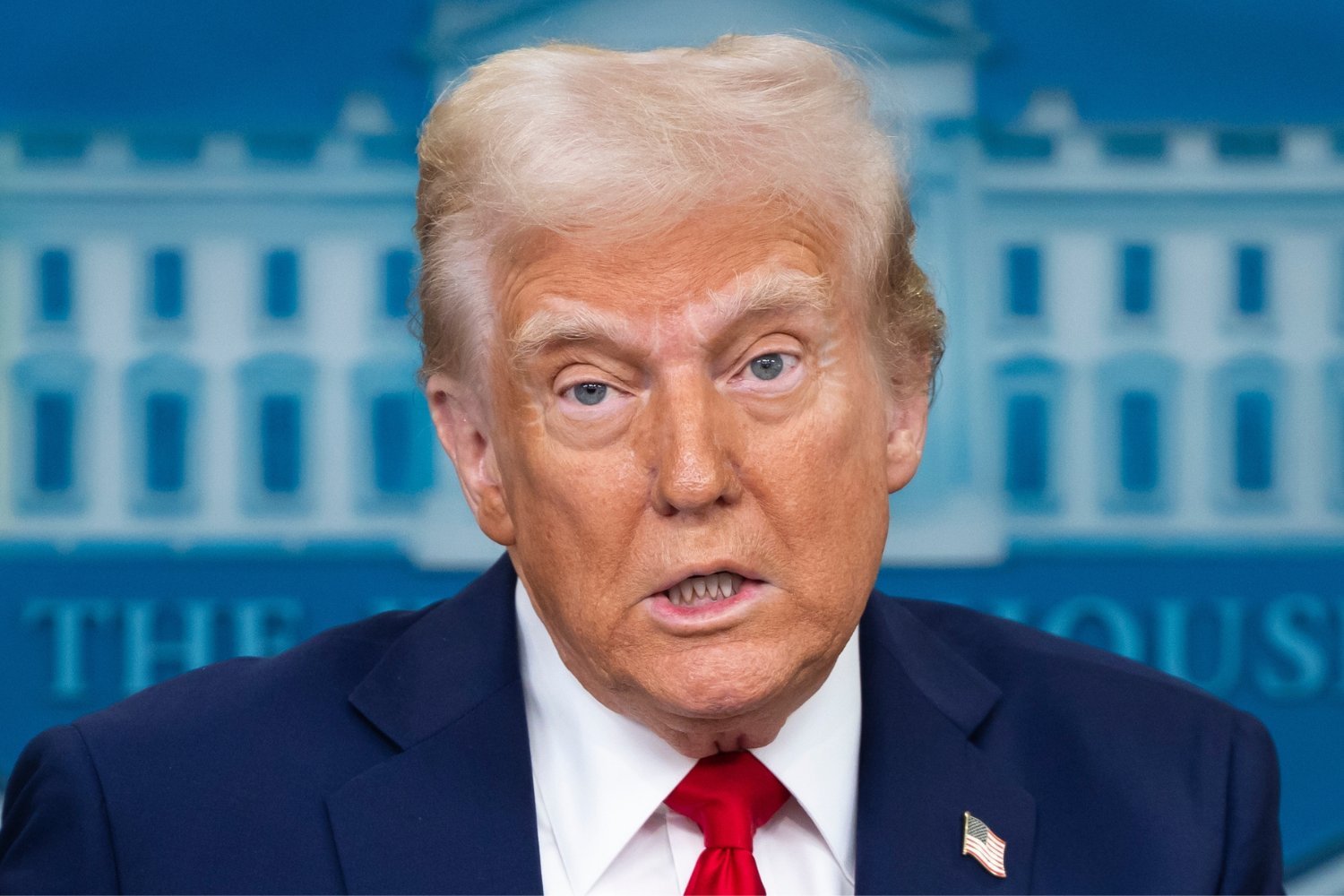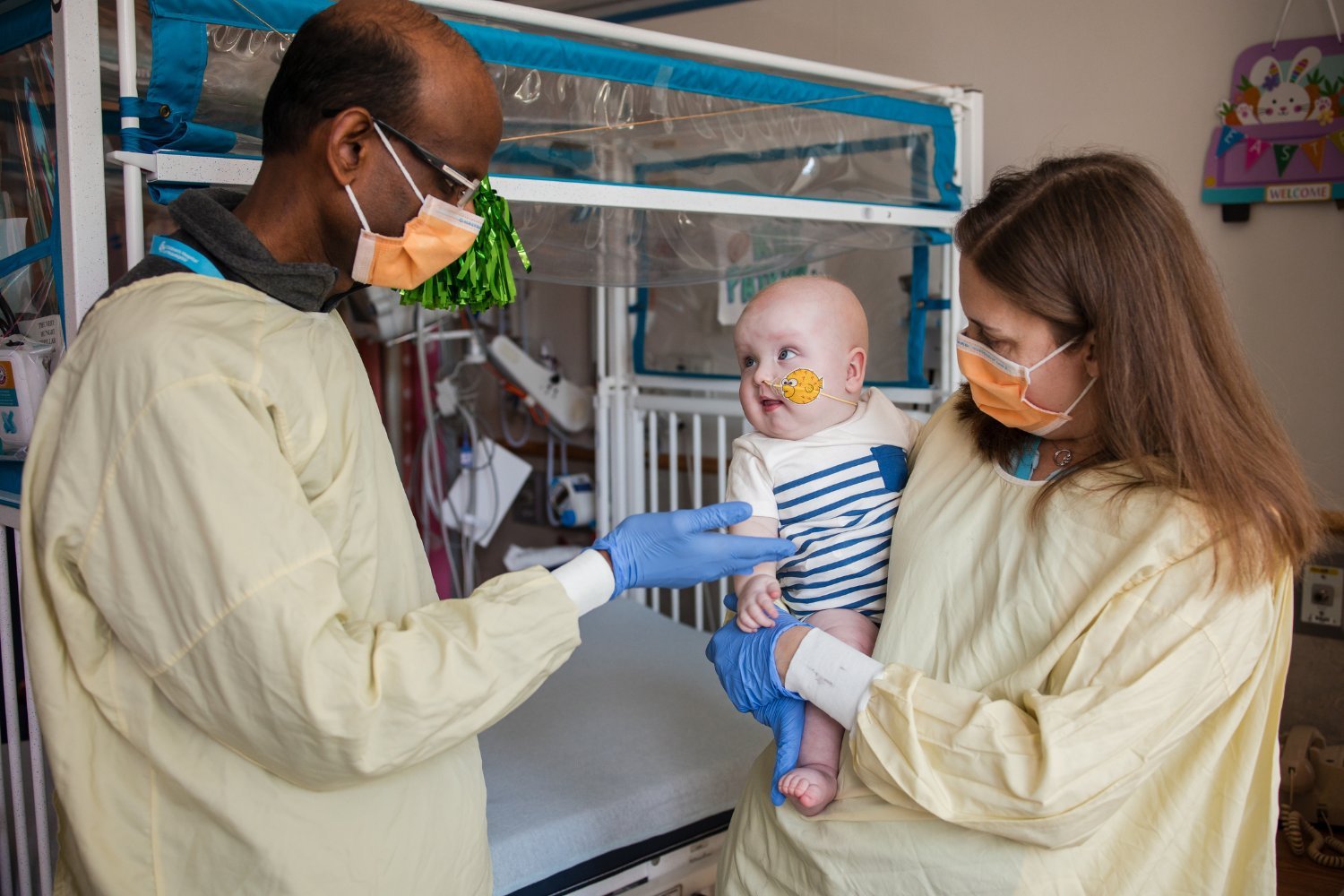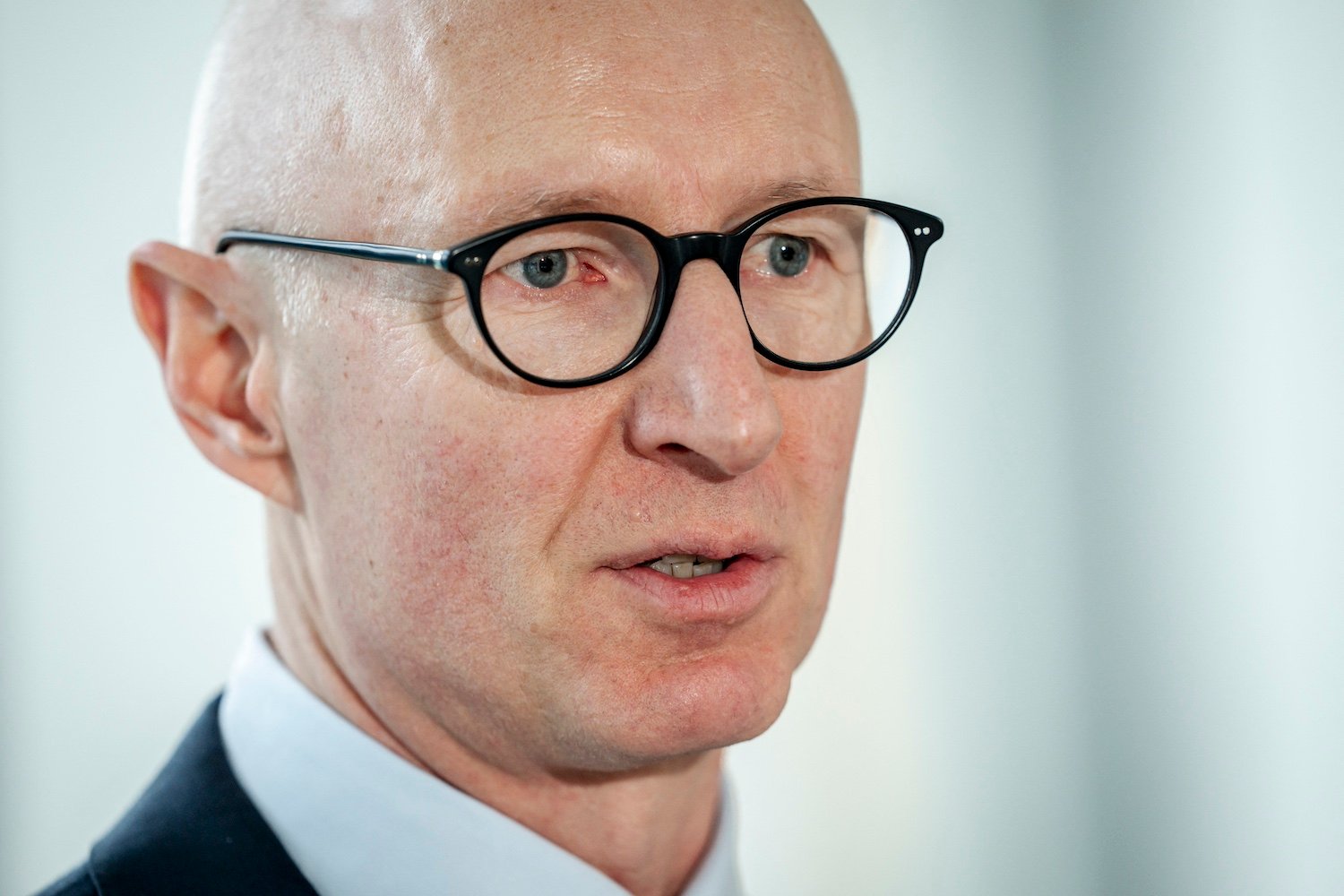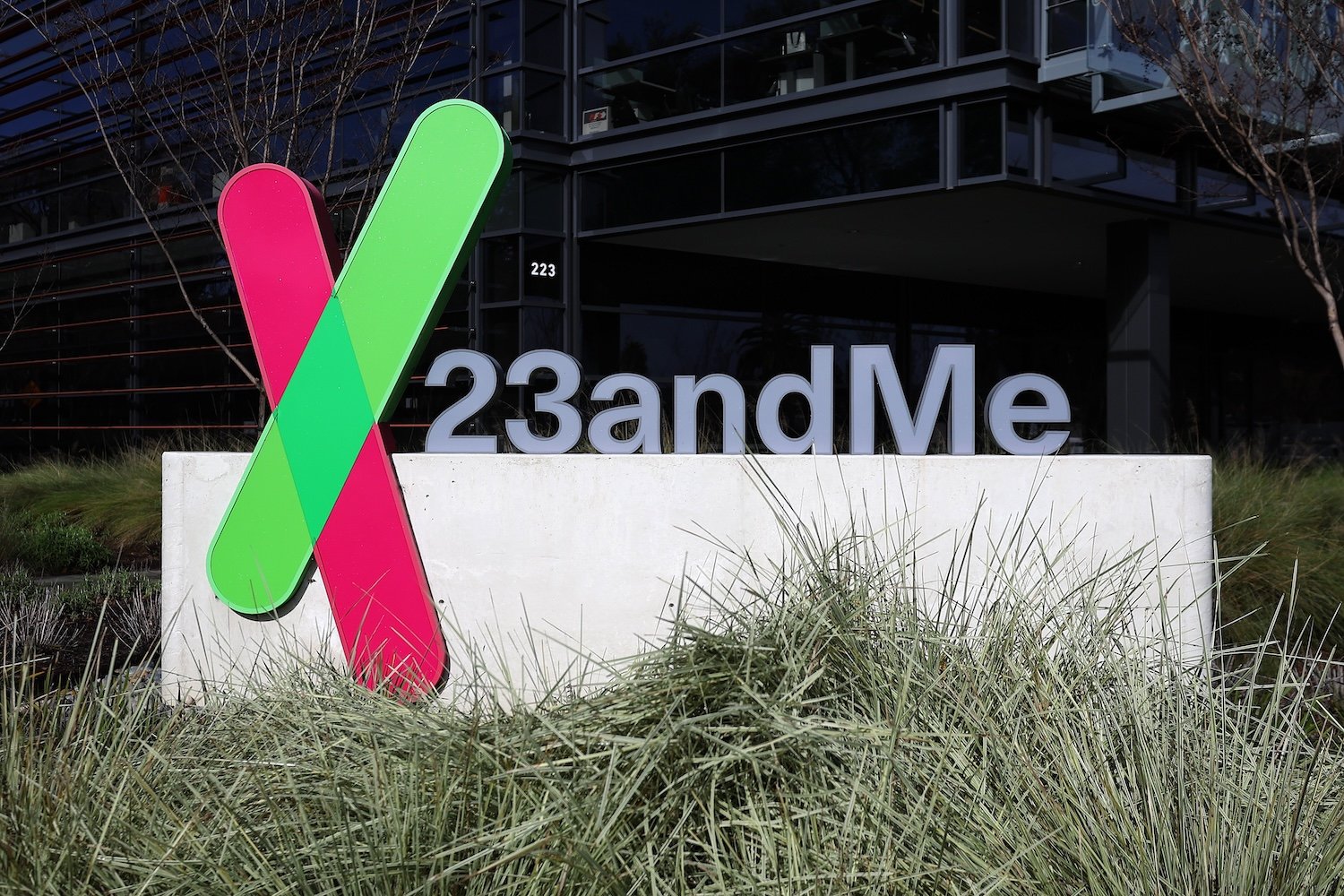Robert F. Kennedy Jr., the newly appointed head of the Department of Health and Human Services (HHS), faced Congress for the first time, testifying before both the House and Senate. While the primary focus was the upcoming HHS budget, Kennedy also addressed controversial topics like budget cuts, vaccinations, and abortion.
Kennedy’s testimony before the House Appropriations Committee centered on the Trump administration’s decisions to halt or cancel previously allocated funding. While assuring the committee of his commitment to legally obligated spending, Kennedy also defended the administration’s cuts. He emphasized his intention to protect vital programs like Head Start and tribal health initiatives. However, some of his statements drew criticism. For example, when discussing Native American health, Kennedy attributed their poorer health outcomes to ultra-processed food, calling it “a genocide on the American Indian.”
Responding to Representative Robert Aderholt (R-Ala.) on abortion, Kennedy described each procedure as “a tragedy.” He highlighted the administration’s reinstatement of the “global gag rule,” restricting federal funding for international organizations that provide or counsel on abortion.
Kennedy characterized the HHS funding and staffing cuts as a “rescaling” of priorities. However, Rep. Rosa DeLauro (D-Conn.) pointed out that these cuts totaled billions of dollars. A report by the U.S. Senate Committee on Health, Education, Labor, and Pensions (HELP) Minority Staff revealed that the Trump administration had terminated at least $13.5 billion in health funding, impacting over 1,600 HHS grants.
The planned elimination of 20,000 jobs and several HHS agencies, including the Substance Abuse and Mental Health Services Administration (SAMHSA), has also drawn fire. These cuts, presented as part of a restructuring effort to create the Administration for a Healthy America (AHA), are currently on hold due to a temporary restraining order issued by U.S. District Judge Susan Illston. This order stems from a lawsuit filed against HHS by various union and public health organizations.
When questioned by Rep. Watson Coleman (D-N.J.) about the impact of eliminating minority health programs on existing health disparities, Kennedy controversially equated “Trump’s vision for this country” with that of “Martin Luther King Jr.’s.”
On the topic of vaccination, Kennedy declined to answer whether he would vaccinate his children against polio and chickenpox, citing his desire to avoid giving medical advice. He did indicate he would likely vaccinate them against measles. This reticence is consistent with Kennedy’s long-standing skepticism about vaccine safety, particularly the MMR vaccine, which he has continued to misrepresent.
Kennedy defended the CDC’s handling of the current measles outbreak, claiming it was superior to any other nation’s efforts. While it’s true that measles resurgence is a global concern, the U.S. is currently experiencing its worst outbreak since 2019, with over 1,000 cases. Experts warn that measles is on the verge of becoming endemic in the U.S. again.
Kennedy’s testimony before Congress underscores the controversies surrounding the current administration’s healthcare policies. The budget cuts, restructuring efforts, and Kennedy’s stance on vaccinations and abortion continue to generate debate and concern.
The clash between the administration’s vision for HHS and the concerns raised by Congress reveals a deep divide in healthcare priorities. The long-term impact of these decisions remains to be seen.



